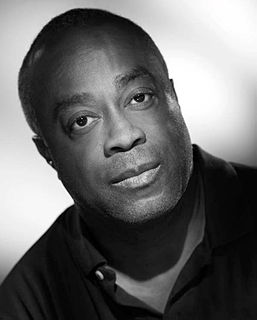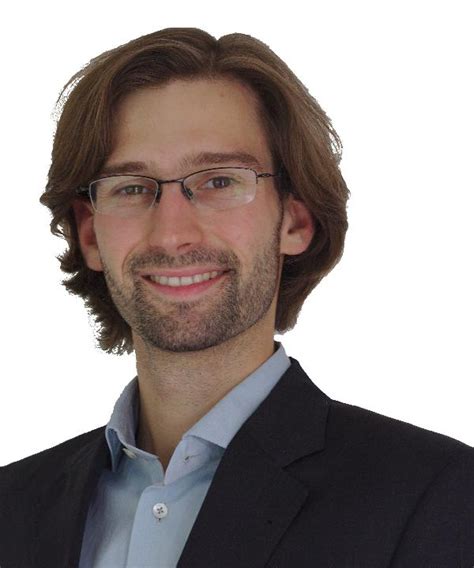A Quote by John Edgar Wideman
My grandfather had asked me many times whether I'd like to come to South Carolina with him. He wanted to introduce me to our people down there and I didn't want to go. In those days, the South was still a place where black kids were lynched. Something horrible could happen to you. I've had that feeling my whole life.
Related Quotes
I have dear friends in South Carolina, folks who made my life there wonderful and meaningful. Two of my children were born there. South Carolina's governor awarded me the highest award for the arts in the state. I was inducted into the South Carolina Academy of Authors. I have lived and worked among the folks in Sumter, South Carolina, for so many years. South Carolina has been home, and to be honest, it was easier for me to define myself as a South Carolinian than even as an American.
When I was in high school if you were black and lived in Detroit, and you wanted to drive down to Florida to go on vacation, you had to plan to drive all the way through, because you couldn't stop in a hotel all the way through South Carolina, North Carolina, and Georgia. We can't even fathom such a thing now, can we?
Coming from the South and growing up in L.A. where it was so segregated - worse than the South in many ways - all the people in my neighborhood were from the South. So you had that Southern cultured environment. The church was very important. And there were these folk ways that were there. I was always fascinated by these Southern stories, people would share these mystified experiences of the South. I wanted to talk about folklore.
I think our message,the Clinton campaign was very strong. Remember, this is their fourth campaign in South Carolina. Two for Bill Clinton. Two for Hillary Clinton. They had it well organized. They did well. And Icongratulate them. We came into that state at something like 7 or 8 percent in the polls. It was a tough road for us to hoe. But I want to thank all of our supporters, the members of the South Carolina state legislature.
There's some homophobia within black community, but there's some strong homophobia throughout the whole of American society as well, particularly throughout the South to a degree, whether white or black. And since many of us migrated from the South, that could be a strong connection along those lines.
I always had an affinity for older people. I had a job delivering newspapers, and one place I had to go was an old people's home. Some people would introduce you to their neighbors as if you were a nephew or grandson. They didn't get many visitors, so they acted like you were coming to see them. And that stuck with me for a long time.
Adults who loved and knew me, on many occasions sat me down and told me that I was black. As you could imagine, this had a profound impact on me and soon became my truth. Every friend I had was black; my girlfriends were black. I was seen as black, treated as black, and endured constant overt racism as a young black teenager.
I grew up in Orangeburg, South Carolina, which has the proud distinction of being the home to two of the eight Historically Black Colleges and Universities in the state: South Carolina State University and Claflin University. When I was a kid riding around town with my grandfather, we often drove by the colleges.
If I wanted to be free, truly free, I had to choose. There were many points on the compass rose; I had to locate the few that were meant for me. Not any destination picked at random; I had to head for those that summoned me with a passion, for they were the ones that gave meaning to my life. I had to ignore the warnings of those who would tell me why I couldn't do what I wanted to do.






































